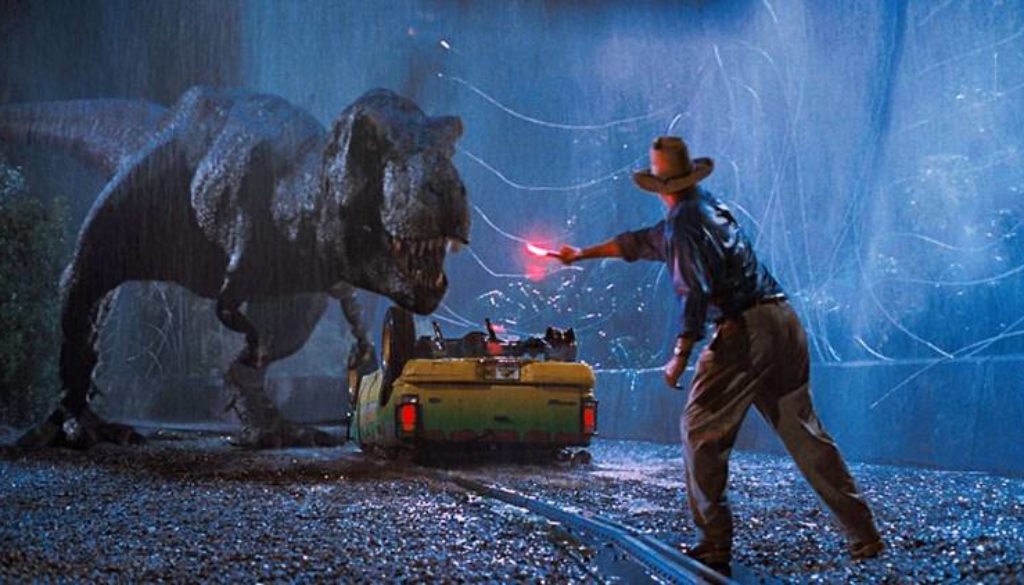Why Jurassic Park franchise was about the perpetual conflict between man and nature
Jurassic Park is a big blockbuster sort of entertainment, but it is also a cautionary tale of humanity’s vanity to those who care to listen.
Steven Spielberg’s Jurassic Park was a corker of a film. At times when special effects were primitive and often risible, this film looked ultra-realistic and was quite ahead of its time. Even now, when computer-generated imagery (CGI) technology has advanced to photorealistic levels, Jurassic Park still does not feel dated and holds up well to the current crop of films. The visuals and sound design remain terrific.
Many describe this film as human vs technology (particularly when it comes back to bite humans), and yes, it is partly that, and Michael Crichton, the writer of the novel, has touched upon it several times in his novels and films. But it is, at its root, a man vs nature tale. Humankind has tried to control nature ever since it became capable to imagine things (Yuval Noah Harari calls this Cognitive Revolution). And Jurassic Park is about how it is futile. Nature cannot and should not be controlled.
Towards the beginning of the film, John Hammond (Richard Attenborough) enthusiastically introduces to Sam Neill’s Alan Grant his theme park on Isla Nubar (a fictional Costarican island). He has built something called Jurassic Park and has populated it with cloned dinosaurs using the DNA preserved in mosquitoes stuck in amber. He has turned beasts who were the undisputed rulers of the planet into mass entertainment. He has tried to bend nature to his well. The hubris here reaches preposterous levels, but is so typical of us.
As Alan Grant explains, “Dinosaurs and man, two species separated by sixty-five million years of evolution have just been suddenly thrown back into the mix together. How can we possibly have the slightest idea what to expect?”
Hammond may have used advanced genetic technology to build Jurassic Park, but it is the nature that fights back. Humanity may be powerful, but it has not yet invented a weapon that can face the wrath of nature. Currently, for instance, we are witnessing in real-time the devastating effects of climate change. That’s also nature’s way of saying that it can bear only so much abuse. The only way to prevent the worst, most climatologists agree, is to not put further strain on the planet.
In Jurassic Park and the following films in the franchise, there is a clear message given by writers and director that what Hammond and his scientists did was terribly wrong. Granted, they accomplished an incredible thing, but should they have? Jeff Goldblum’s Ian Malcolm says to Hammond, “…your scientists were so preoccupied with whether or not they could, that they didn’t stop to think if they should.”
The consequences are disastrous. Dinosaurs are let loose and chaos happens. Many are killed before the survivors are flown out of the island. The project is shut down. Jurassic Park is a big blockbuster sort of entertainment, but it is also a cautionary tale of humanity’s vanity to those who care to listen.




